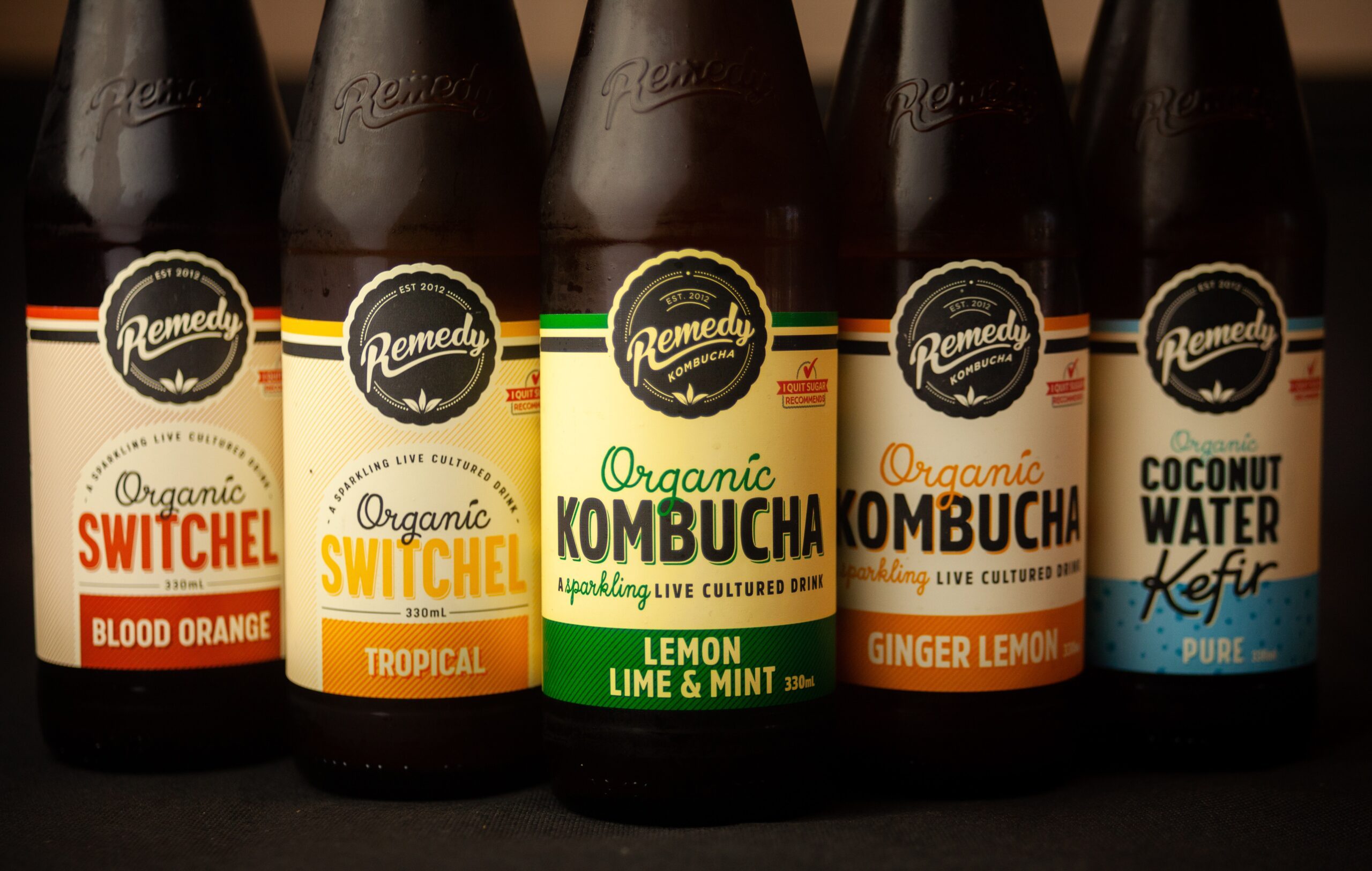
Photo by Macourt Media Solutions
Exploring the World of Kombucha: A Taste of Fermented Elixir
At times, individuals who prioritize their health and enjoy trying things have been gravitating towards a beverage that has quietly been brewing in the background for centuries – Kombucha. This effervescent and fermented tea is widely regarded as a tonic for well-being.
Its unique flavor and potential health benefits have made it a popular choice for those seeking an alternative to sodas and artificial beverages. In this article, we will try to explore into the captivating world of Kombucha, exploring its history, the process involved in its production, its various flavors, and the potential health advantages it offers.
A Concise Account of Kombuchas Origins
Kombucha’s roots are veiled in mystery. Legends recount instances of its consumption dating back more than 2,000 years in regions, particularly China. Over time, it found its way along the Silk Road, spreading to Japan, Russia, and Europe throughout the centuries. However, it was during the century that Kombucha truly gained prominence in the Western world due to a renewed interest in natural foods rich in probiotics.
The Fermentation Method
Kombucha is created by combining tea with a culture known as SCOBY (Symbiotic Culture Of Bacteria and Yeast). This mushroom-like culture serves as the cornerstone of the fermentation process.
Over a period of 7 to 14 days, the SCOBY consumes the sugar in the tea. Undergoes a transformation resulting in a tangy and slightly fizzy elixir. This unique beverage offers a range of flavors varying from sweet to tart.
When it comes to Kombucha, there is an array of flavor options to explore. While the classic taste is often described as a blend of sweetness and sourness with a hint of vinegar, creative brewers have expanded their horizons by incorporating fruit juices, herbs, and spices.
Popular combinations include ginger, lemon, raspberry, and even lavender. The possibilities are truly limitless for those to experiment.
Kombucha enthusiasts often speak highly of its health benefits; however, it’s important to note that further research is needed for confirmation. Here are some potential advantages that have been associated with Kombucha:
1. Probiotics
Kombucha contains bacteria called probiotics that promote gut health and aid digestion.
2. Antioxidants
It possesses antioxidants that help combat radicals within the body.
3. Enzymes
Kombucha may contain enzymes that assist in absorption and digestion.
4. Detoxification
Some believe that Kombucha supports the natural detoxification process carried out by the liver.
5. Joint Health
There are claims suggesting that Kombucha could be beneficial for maintaining health.
The glucosamines found in Kombucha could possibly contribute to maintaining joints.
6. Boost of Energy
Kombucha containing caffeine, from the tea it is made from, can provide an energy boost without the effects often associated with coffee.

Photo by Styves Exantus
Enjoying Kombucha Responsibly
While there are health benefits associated with Kombucha, it is important to consume it in moderation. Some available types may have added sugars, so it’s advisable to check the labels if you are mindful of your sugar intake. If you’re new to Kombucha, start with quantities to allow your body time to adjust to its properties.
In summary, Kombucha is not merely a beverage but an introduction to the world of fermentation and probiotics. Whether you’re drawn by its health benefits, intriguing flavor combinations, or simply intrigued by its centuries of history, Kombucha encourages you to take a sip and experience the wonders of this sparkling elixir.
So why not raise a glass of Kombucha. Toast both your exploration of flavors and your journey toward well-being? Here’s a cheer to this flavorful tea!



